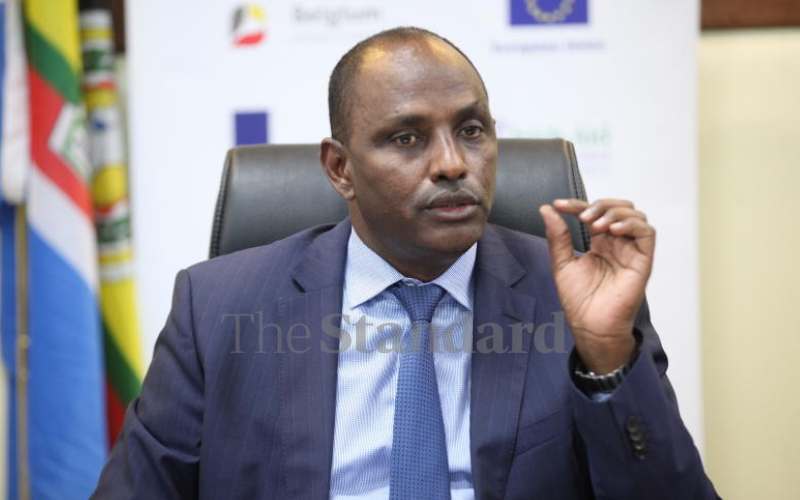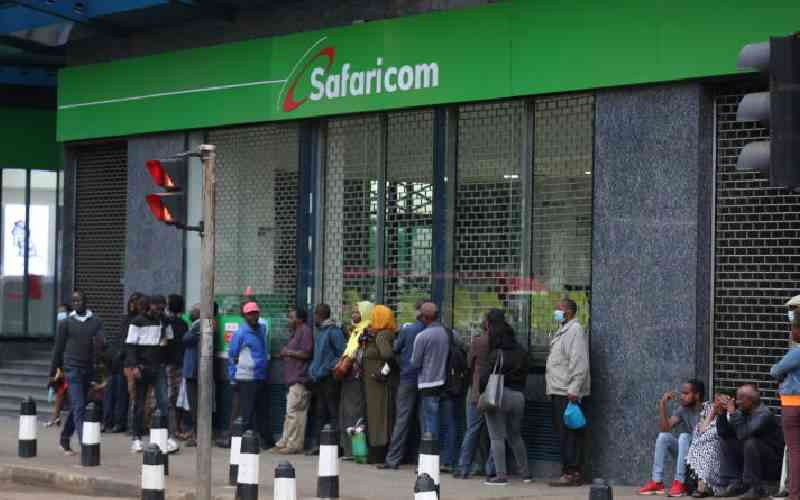×
The Standard e-Paper
Kenya’s Boldest Voice

Treasury CS Ukur Yatani. [Wilberforce Okwiri, Standard]
The Government’s spending will increase by Sh200 billion over the 2022-23 financial year, according to new budget documents in which the National Treasury has also set aside funds for next year’s general elections.







